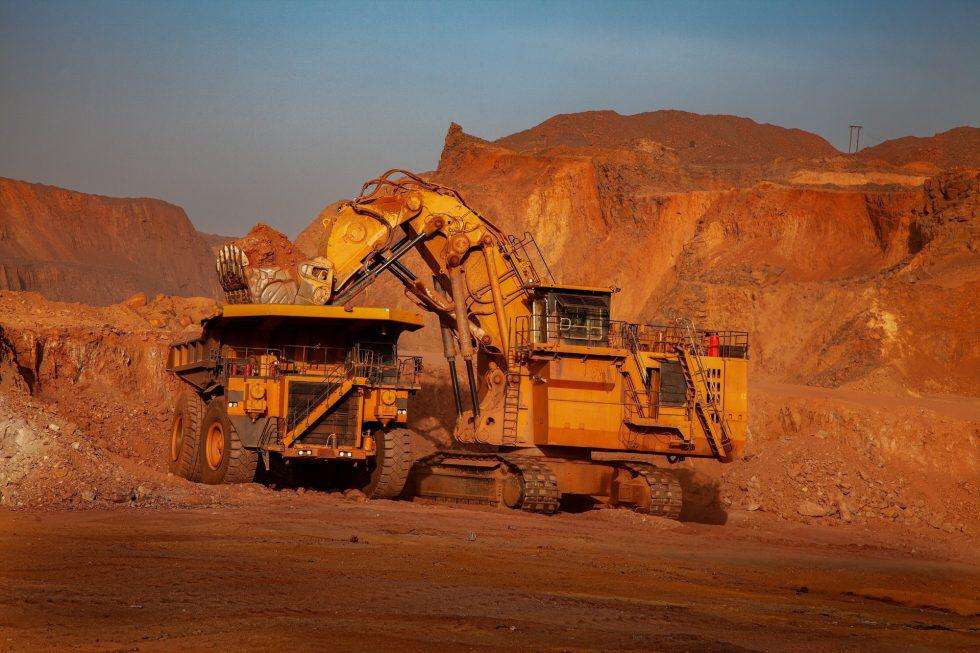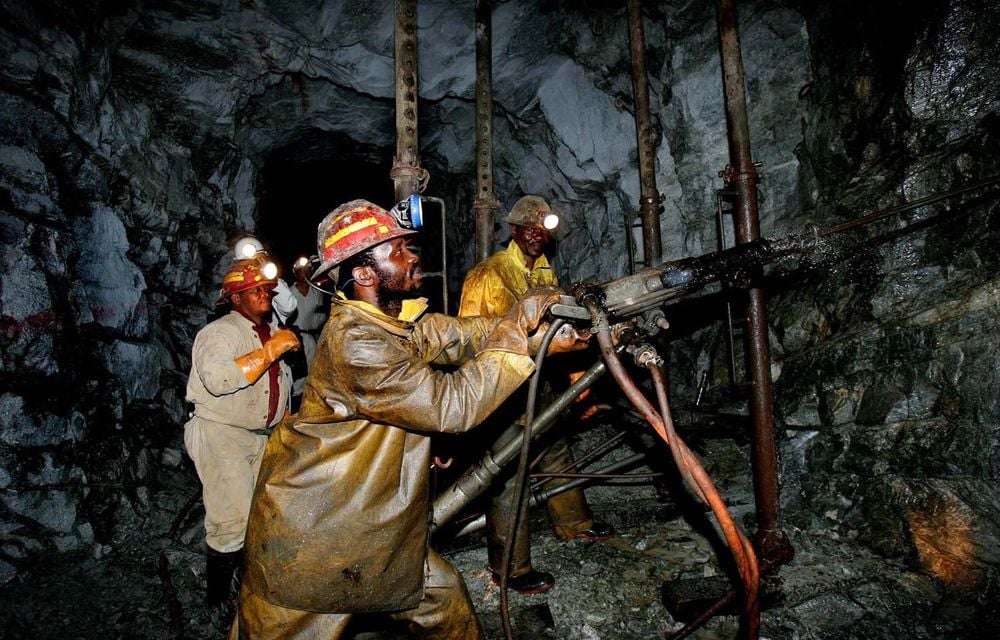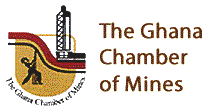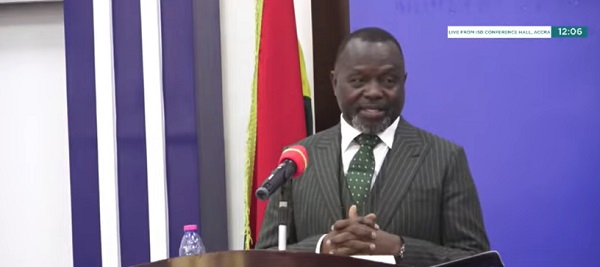The Ghanaian government’s refusal to renew the mining lease for the Damang Mine, operated by Gold Fields, has sent ripples through the mining industry.
The move—made without public explanation—has prompted strong reactions from key industry players, with the Ghana Chamber of Mines now joining the chorus calling for clarity and dialogue.
In a strongly worded statement, the Ghana Chamber of Mines expressed “deep concern” over the government’s decision, emphasizing the critical role mining plays in Ghana’s economy.
“The Chamber recognizes the Government’s prerogative in the granting and renewal of mining leases, which are critical for the sustainable and responsible development of Ghana’s mineral resources.
“However, decisions of this nature have significant implications for the mining industry, investor confidence, and the overall economic growth of the nation.”
Ghana Chamber of Mines

The Damang Mine, located in Ghana’s Western Region, is one of the country’s key gold assets and a major employer in the area.
Its lease rejection comes at a time when Ghana’s gold sector is contributing significantly to national revenue. In 2024 alone, gold exports generated about US$11.5 billion—accounting for over half of Ghana’s total export earnings.
Against this backdrop, the Chamber’s warning is stark: denying lease renewals without a clear explanation could weaken Ghana’s appeal to international investors.
“A predictable and transparent regulatory environment is crucial for attracting and retaining the investments necessary to sustain and grow this vital sector.
“The rejection of a renewal application raises questions about the long-term security of mining investments in Ghana.”
Ghana Chamber of Mines
Industry observers worry that the lack of explanation opens the door to damaging speculation, from allegations of political interference to questions about potential environmental or community disputes. However, with no official clarification, these remain speculative.
Industry Concerns

Despite the lack of an official explanation, various industry experts and analysts have weighed in on the possible reasons behind the government’s refusal. Policy analyst Dr. Steve Manteaw argued that Gold Fields had already begun deinvesting in the Damang Mine two years ago, making its sudden interest in lease renewal questionable.
“I see no issue with the refusal to renew the Gold Fields Damang lease, since the company itself began deinvesting in the project two years ago and directed all subsidiaries and suppliers to demobilize.
“The sudden interest in the mine, now expressed by Gold Fields, is strange and should serve as a caution to the regulator to avoid a repetition of past mistakes.”
Policy analyst Dr. Steve Manteaw
Gold Fields has remained tight-lipped since the rejection but is reportedly seeking engagement with authorities to better understand the government’s position.
The company has invested heavily in Damang over the years, with its most recent reinvestment plan focusing on extending the mine’s life and creating more local employment opportunities.

The Chamber’s call for dialogue reflects broader concerns within the sector. It emphasized the need for consultation between government and mining companies to ensure policy decisions are well-informed and mutually beneficial.
“We therefore call upon all parties involved to engage in open and transparent discussions to understand the underlying reasons for this decision and to work towards an amicable resolution that is fair, equitable, pragmatic and in the best interest of all stakeholders.”
Ghana Chamber of Mines
Stakeholders argue that maintaining due process, contractual fairness, and regulatory transparency is not just a matter of principle—it’s also a competitive advantage.
Ghana has long been seen as a stable and attractive destination for mining investment, but that status is not guaranteed.
“This development has the potential to undermine Ghana’s hard-earned reputation as a leading destination for mining investment in Africa.”
Ghana Chamber of Mines
While the government has yet to respond to the Chamber’s statement, pressure is mounting. Analysts suggest that a prolonged lack of communication could erode the confidence of not just Gold Fields but other major mining companies considering new or expanded operations in Ghana.
For now, the future of the Damang Mine—and its employees—hangs in the balance. As investors and industry leaders await answers, the Chamber reiterated its commitment to working with the government to find a resolution.
“We urge all parties to prioritize dialogue and collaboration to resolve this matter swiftly and effectively.
“Thereby safeguarding Ghana’s enviable position as an investment destination of choice on the African continent.”
Ghana Chamber of Mines
With the mining sector accounting for a significant portion of Ghana’s GDP, the stakes are high. The government’s next steps—and its willingness to engage—could determine whether Ghana continues to lead in Africa’s mining landscape or loses ground to more predictable jurisdictions.
READ ALSO: Minister Defends Government’s Refusal to Repeal L.I. 2462




















